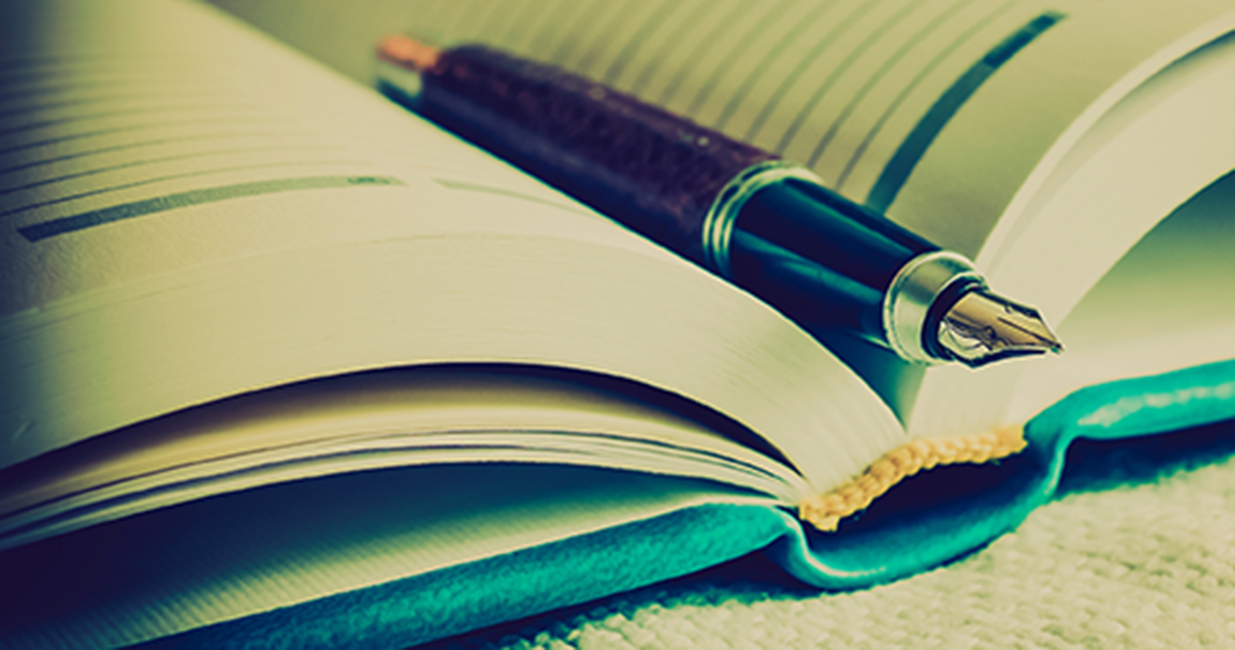
The COVID Diaries: sales 1
The following interview is with an Australian-based fixed-income salesperson. It was conducted on 8 May 2020.
Does your business have a timeline for returning to office working – and are you looking forward to it?
I find that if you are not in the office and your intent is to be productive, you can actually get a lot done. But it has made me aware of how much time is lost in meetings that go nowhere. There is something to be said for coming out of this being mindful of creating proper productivity versus a meeting for a meeting’s sake.
A lot of people have talked about how everything is taking longer in this environment. How have you found adapting to working from home from a functionality perspective?
Big organisations have spent a lot of time getting sign-off from their stakeholders and finding they have more stakeholders than they thought. It spirals out of control quickly in an environment like this. People and businesses need to be accountable for their decisions.
We are not being overly casual about this. We are entrusting people to make the right decisions and to back themselves in making the right decisions. We have seen huge productivity gains around customers getting greater clarity quickly. This has been one of the positives coming out of COVID-19.
Has your view of the crisis and the nature of the challenges it presents changed? It seems Australia has prioritised public health over the economy, at least in the medium term. How are you thinking about that trade off?
I am hopeful the unintended consequences of COVID-19 become intended, by which I mean easing the burden on the planet, investing in public health – including being compensated properly – and changing the way people think about issues. The dramatic impact on people’s lives – people who have the capacity to vote – means governments will have to think hard about getting people back into the workforce.
Governments will also have to think about how they can avoid a similar pandemic and economic fallout from occurring again.
The old formula of cutting business taxes might have to be dispensed with. Yields are incredibly low and this provides the opportunity for governments to borrow money to reinvigorate the community rather than corporations.
“The old formula of cutting business taxes might have to be dispensed with. Yields are incredibly low and this provides the opportunity for governments to borrow money to reinvigorate the community rather than corporations.”
As restrictions are lifted, are you more or less optimistic about the crisis and the potential for a second wave than you were during the early acceleration period?
I am comfortable with the app the federal government has put together and that will be helpful for contact-tracing.
I think Australia and New Zealand have done a very good job at stopping the spread, too.
How do you think things will be different when we get back to normal? What changes can you see to work practices, society and the economy?
Interest rates will stay at these levels, if not go lower, for an awfully long time. The obsession with lowest cost delivery as a good thing, such as farmers being squeezed for milk, will not be the raison d’etre among corporates.
The potential for technology during this crisis has been on display. I can see a lot of changes to how some businesses, as well as industries, operate.
We have been asking people what they have been reading relating to the crisis but we think everyone has seen enough by this stage. So what are your entertainment recommendations for lockdown?
I also recently got into Wim Hof – “The Iceman”. He promotes breathing exercises as a way to relax and focus your mind. I find it helpful for maintaining my quality of life during lockdown and not drifting into boredom. He is an unusual cat, but very interesting.
KangaNews is your source for the latest on the COVID-19 pandemic’s impact on Australasian debt capital markets. For complete coverage, click here.

